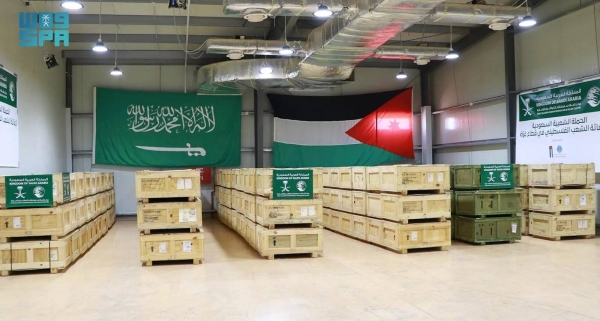
Saudi Arabia announced on Friday that it was holding consultations with other oil producers in and outside OPEC, in a move aimed at securing the world’s supplies are adequate to support economic growth after prices hit $80.
Oil rates touched $80 a barrel for the first time since 2014.
Energy Minister Khalid Al-Falih said in a Twitter post that he had called his counterparts in the United Arab Emirates, the United States and Russia, as well as major oil consumer South Korea, to “coordinate global action to ease global market anxiety”.
Falih also said he had reassured the executive director of the International Energy Agency of “commitment to the stability of oil markets and the global economy” and that he would contact others over the next few days.
On Thursday, Falih called Indian Petroleum Minister Dharmendra Pradhan to assure him that supporting global economic growth was “one of the Kingdom’s key goals”, the Saudi government said in a statement, after India expressed frustration with the recent surge in oil prices.
Oil prices held firm on Friday, with Brent crude trading at around $79.70 per barrel after the international benchmark broke through $80 for the first time since November 2014 the previous day.
The Saudi energy ministry said on Thursday that the Kingdom together with other producers would ensure the availability of adequate supplies to offset any potential shortfalls.
India’s Pradhan had expressed concern about the negative impact of escalating prices on consumers and especially the Indian economy, the world’s third-largest oil consumer.
India is one of the world’s fastest-growing energy consumers and its oil use lags only that of the United States and China.
OPEC and Russia have cut their output since January 2017 to help reduce excessive global stockpiles.
However, the group has said it sees no need to ease output restrictions despite a fall in global stocks to the group’s desired levels and concerns among consuming nations that the price rally could lead to demand destruction.
In addition to OPEC cuts, strong demand, a decline in Venezuelas oil production accompanied with a US announcement of renewed sanctions on Iran, which is an OPEC member, helped drive Brent up 20 percent since the start of 2018.
US investment banks said sanctions on Iran could take out over one million bpd off the market.
Britains Barclays Bank said on Friday it expected Brent crude to average $70 in 2018 and $65 in 2019, up from previous estimates of $63 and $60.
With crude prices hitting levels not seen since 2014, rising fuel costs could hurt consumption. At $80 a barrel, Asias thirst for oil costs the region $1 trillion a year.
Rising oil prices due to tight current markets and geopolitical tensions may weigh heavily on the macroeconomic outlook of Asian emerging markets, Barclays said.









